Drama assumes an order. If only so that it might have - by disrupting that order - a way of surprising
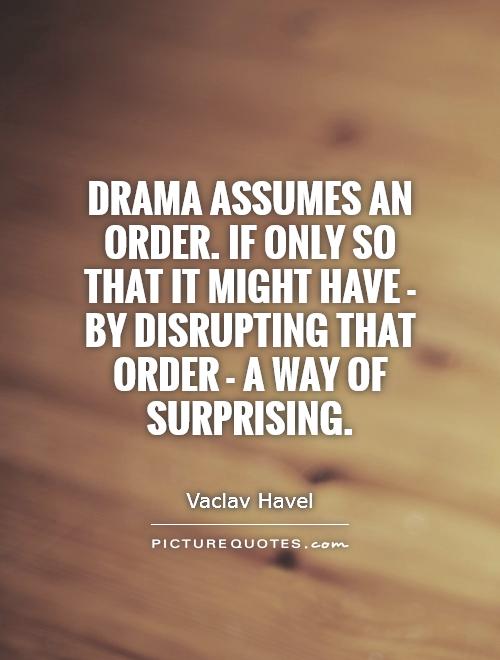
Drama assumes an order. If only so that it might have - by disrupting that order - a way of surprising
Vaclav Havel, the renowned Czech playwright, poet, and political dissident, understood the power of drama to disrupt societal norms and challenge the status quo. His works often delved into the complexities of human nature and the struggle for freedom in oppressive political systems. Havel's plays, such as "The Garden Party" and "The Memorandum," are known for their sharp wit, biting satire, and profound insights into the human condition.The quote "Drama assumes an order. If only so that it might have - by disrupting that order - a way of surprising" encapsulates Havel's approach to theater. He believed that drama should not simply reflect the world as it is, but rather challenge it and provoke thought and action. By establishing an initial order or structure within his plays, Havel created a framework for disruption and subversion. This disruption serves as a catalyst for change and transformation, allowing for unexpected and surprising outcomes.
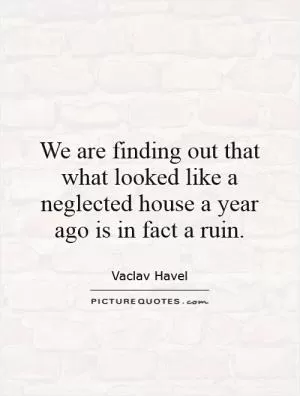
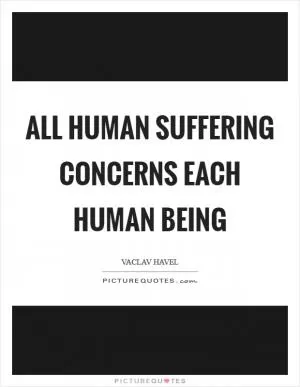
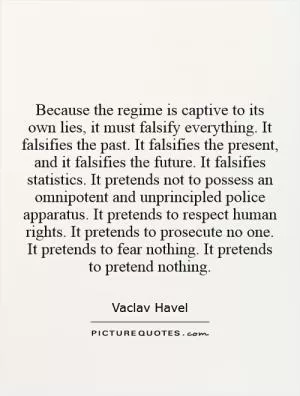

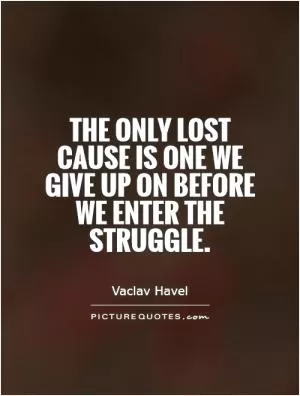


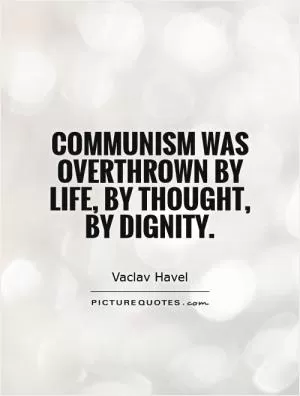
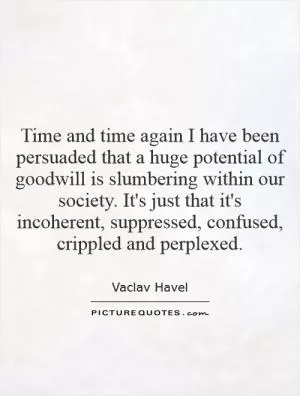
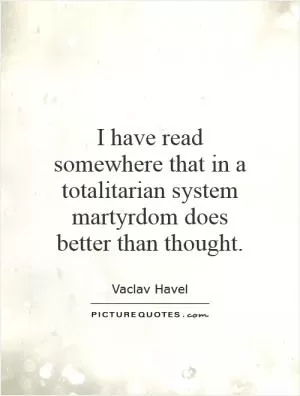

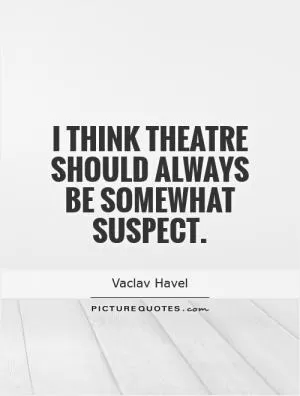
 Friendship Quotes
Friendship Quotes Love Quotes
Love Quotes Life Quotes
Life Quotes Funny Quotes
Funny Quotes Motivational Quotes
Motivational Quotes Inspirational Quotes
Inspirational Quotes